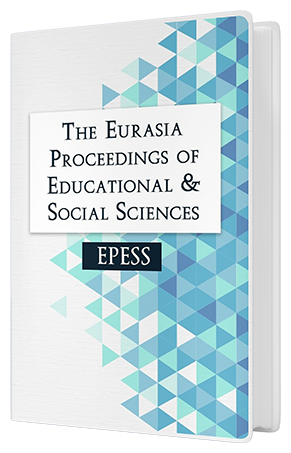Developing Research and Academic Competencies of Students through Three Cycles of Studies
DOI:
https://doi.org/10.55549/epess.1413312Keywords:
Research skills and competencies, Academic competencies, University study programsAbstract
One of the primary goals of university education is to develop research and academic competencies of students as key factor for their academic success and further professional career. European strategic documents on education also stress the importance of these skills as an immanent part of generic skills of students. The aim of this paper is to present how research and academic skills of students are acquired through the three cycles of studies starting from the undergraduate to the doctoral level of studies. For this purpose, we first review the definitions of the research competencies in relevant papers and documents, so that we are able to identify which skills, values and knowledge university student should possess to be considered as competent to do research. Then we analyze to what extent courses for developing of research competencies are incorporated in the university education for pedagogues, educators and teachers, as well as how global research trends and tendencies affect the content of curricula and training. We can conclude that reforming of curricula in the past decades continuously enhanced the research skills of students through the university education at all three levels. Yet there is much more that has to be done in terms of better organized programs, gaining good research practice with introducing of peer mentoring, taking advantage of information technology which will include virtual classroom strategies for research, and strong cooperation with research institutions.Downloads
Published
Issue
Section
License
Copyright (c) 2023 The Eurasia Proceedings of Educational and Social Sciences

This work is licensed under a Creative Commons Attribution-NonCommercial-ShareAlike 4.0 International License.
The articles may be used for research, teaching, and private study purposes. Any substantial or systematic reproduction, redistribution, reselling, loan, sub-licensing, systematic supply, or distribution in any form to anyone is expressly forbidden. Authors alone are responsible for the contents of their articles. The journal owns the copyright of the articles. The publisher shall not be liable for any loss, actions, claims, proceedings, demand, or costs or damages whatsoever or howsoever caused arising directly or indirectly in connection with or arising out of the use of the research material. All authors are requested to disclose any actual or potential conflict of interest including any financial, personal or other relationships with other people or organizations regarding the submitted work.




